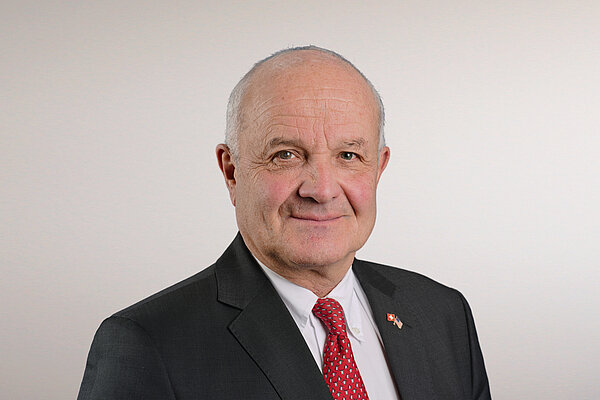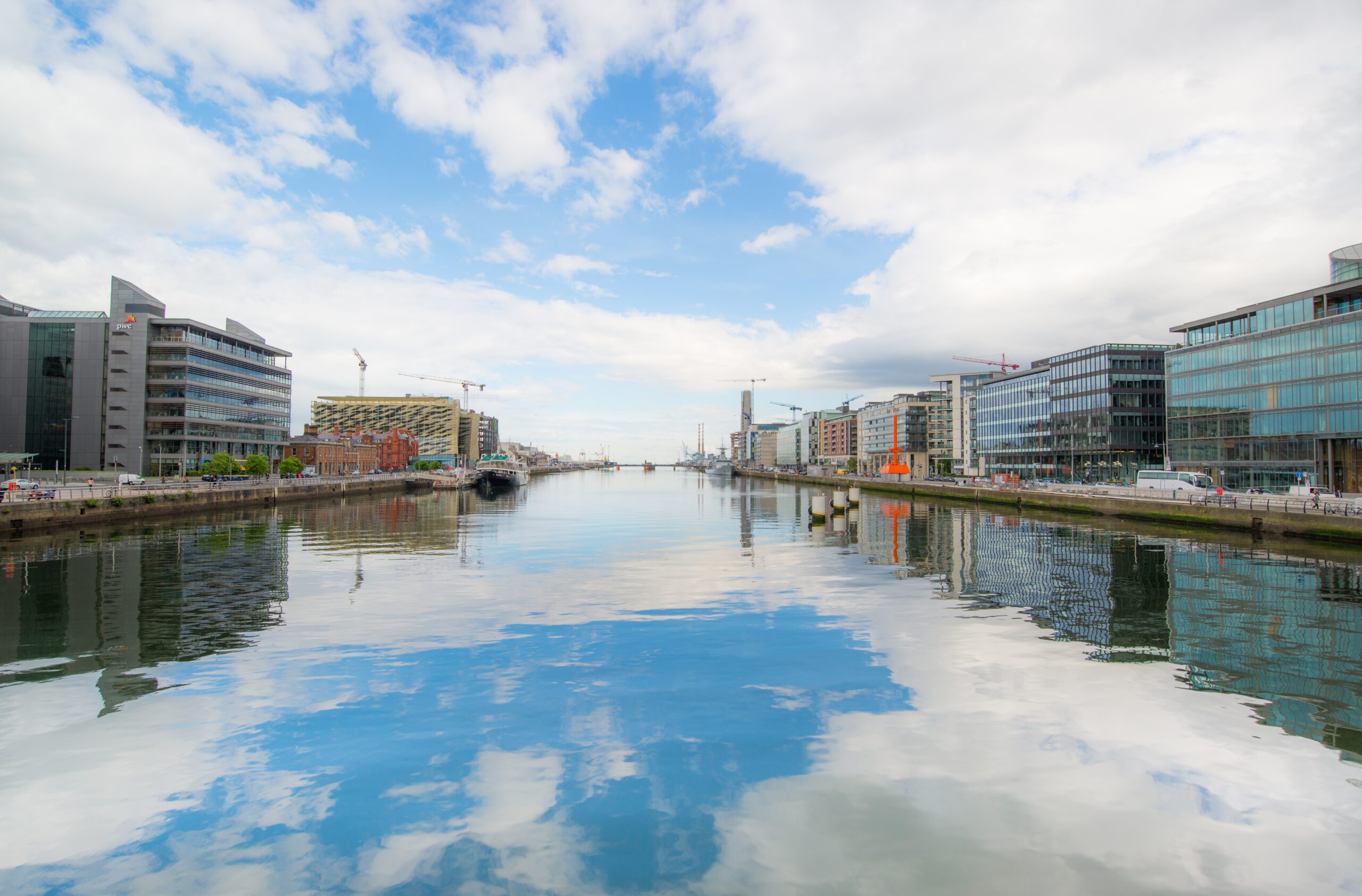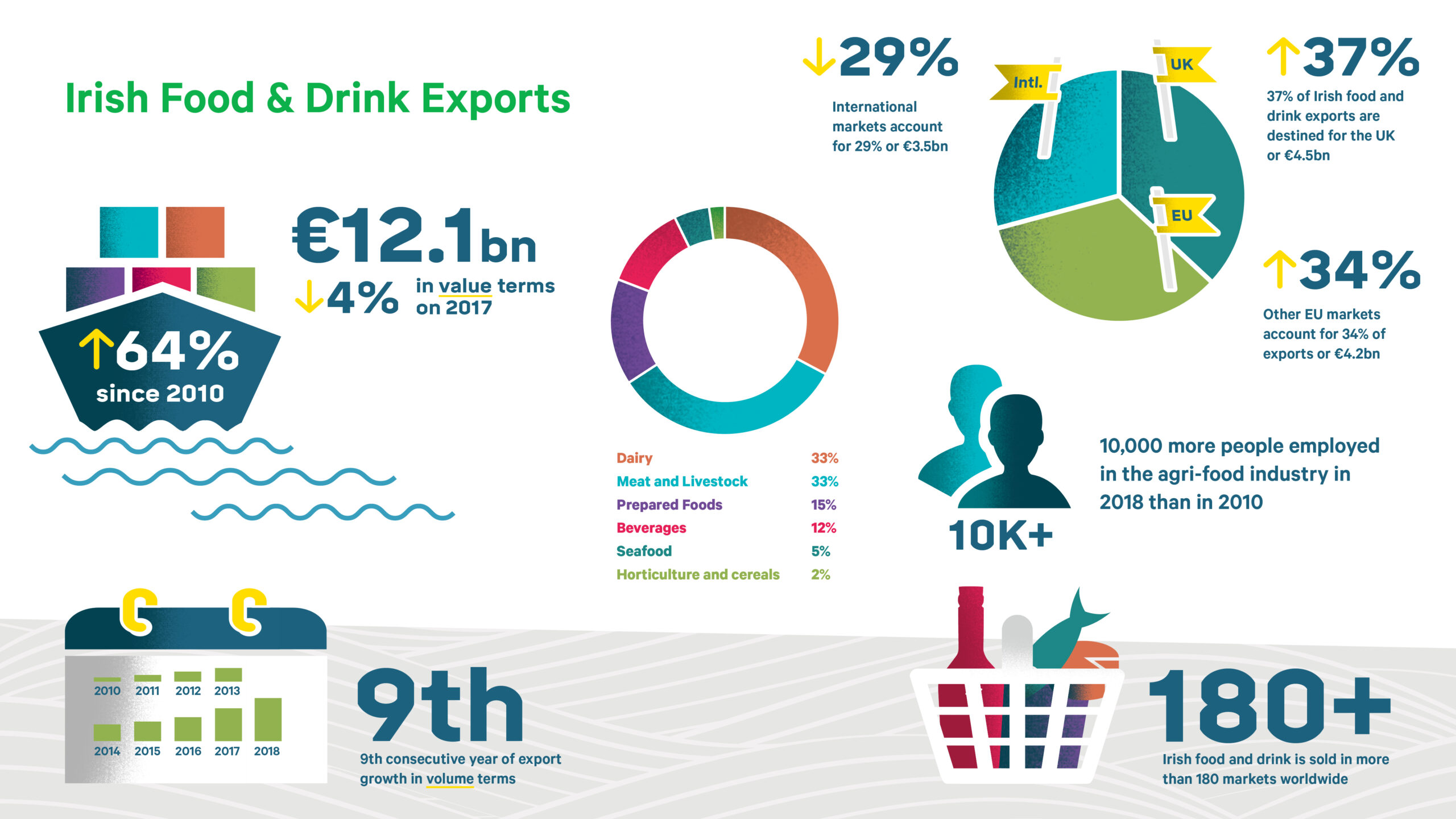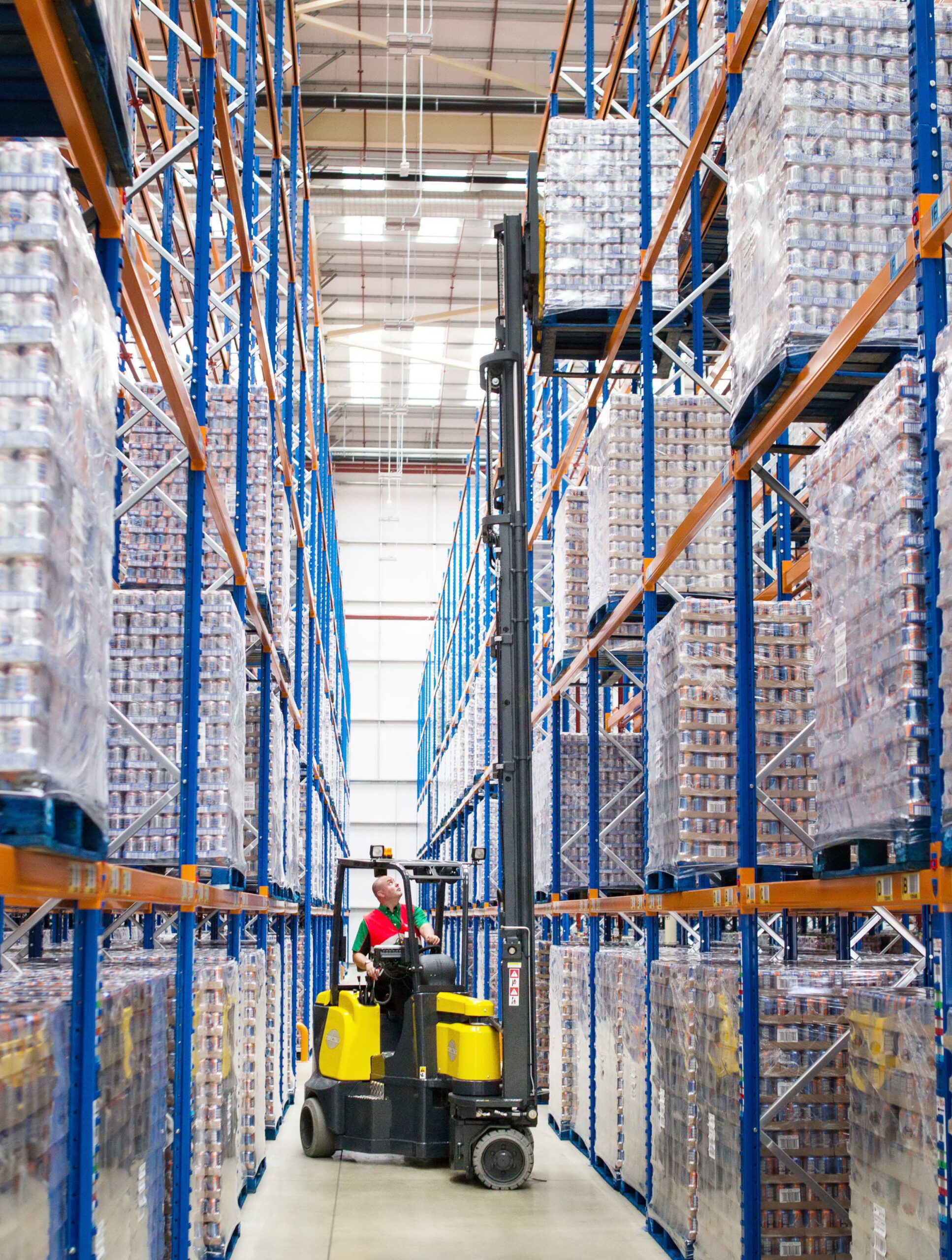
Why Cyprus is becoming a regional hub for professional services, finance, shipping, tourism, innovation, research and development, and other industries
Cyprus is making strides towards becoming one of the European Union’s top niche hubs for tech, finance, and other industries. The nation’s economic growth has been bolstered by its location in the eastern Mediterranean Sea, its robust legal system, its educated and qualified workforce, and countless other factors.
While Cyprus is well-known in the corporate world for its transparent and beneficial tax regime, the Cyprus Chamber of Commerce and Industry President, Christodoulos Angastiniotis, said the country has much more to offer, “We are continuously trying to improve our attractiveness as an investment destination, and recently established a business facilitation unit for investors in Cyprus. This helps ensure the process gets done faster in an organized manner. Our competitive advantages include being at the crossroads of three continents, Europe, Africa, and Asia. We are an English-speaking nation. Our schools are excellent, and families who relocate here are impressed by the high caliber offering and superb quality of life. Cyprus has low crime levels, 340 days of sunshine, centuries of art and culture, and a unique Mediterranean gastronomy. We also have a very good legal system aligned with English common law.”

President
Cyprus Chamber of Commerce and Industry
Cyprus’s location makes it easy for local workers to access nearby countries like Israel and Egypt. That accessibility is supported by exceptional infrastructure, such as a sophisticated network of roads, a pair of multi-purpose deep sea ports in the cities of Limassol and Larnaca, and two international airports in Larnaca and Paphos. On average, the two major airports in Cyprus handle a combined ten million visitors annually.
In addition, the nation offers an unrivaled level of security thanks to factors such as its status as an EU member, and is regarded as one of the safest countries in the world. While the legal system in Cyprus is not known for being fast-paced, it remains highly stable thanks to its common-law basis, and ongoing work to digitize this system will soon make it faster than ever. Thanks to these benefits, Cyprus is now one of the top destinations in the EU for financial services, shipping, technology, and venture capital.
A Closer Look at Promising Developments
Energy is one of Cyprus’s most promising sectors, and a pair of projects currently in the works could soon make the nation a prominent energy exporter. The EastMed pipeline is designed to allow Cyprus to share its oil and gas with other European countries. The project has hit some snags, including US concerns related to its cost. However, Cyprus-based legal experts believe the pipeline could help Europe reduce its reliance on Russian energy in response to the crisis in Ukraine. At the same time, efforts for the construction of a subsea electricity cable, which will be the first electricity link between Cyprus and the European grid, will soon end Cyprus’s energy isolation while allowing for the long-term possibility for the exportation of electricity via a new interconnector.
The nation has also become a regional leader in the telecommunications field. Cyprus-based telecommunication provider CYTA is constructing a submarine fiber-optic cable network, making the digital connections between Cyprus and its neighbors stronger than ever before. The network – which directly connects Cyprus with Egypt, Greece, Italy, Israel, Lebanon, and Syria – is a vital link between the Middle East and Europe and a crucial part of the global Internet. Furthermore, it provides the stable high-bandwidth connectivity that major corporations rely on in the digital age, allowing Cyprus to be a true participant in the international economy.
Another key element of Cyprus’s continued economic development is “Vision 2035,” which is the nation’s long-term strategy for sustainable growth over the coming decade. Officially introduced in 2021, Vision 2035 focuses on bringing the economy of Cyprus into the 21st century while minimizing the ecological impact of these changes. The strategy marks the first time Cyprus has used central planning since 1974.
Strengthening Relations with the USA
The Republic of Cyprus is working to strengthen its economic ties with the United States and other Western countries. The USA’s involvement with the Cypriot economy has increased over the past five years and could continue to go up thanks to these ongoing efforts. It is not hard to see why Judith Garber, US Ambassador to Cyprus, said the link between these nations “has never been stronger” in terms of trade and security.
One of Cyprus’s primary economic goals is encouraging multinational corporations to do more business in the island nation. Outreach efforts have focused on the country’s low tax rate for companies and the numerous higher education institutions in Cyprus.
The nation’s government has recently implemented a new strategy as part of its ongoing efforts to increase foreign investment and bring new talent into Cyprus. As part of this strategy, Cyprus has created multiple incentives related to taxes, residency, and employment. Currently, Cyprus’s efforts in this space focus on research and development, pharmaceuticals, shipping, and technology, among other industries.
Cyprus’s Minister of Finance, Constantinos Petrides, said this work has already begun to pay off, “For the first time, we are now seeing large-scale American business investments in Cyprus. This is thanks to the government’s decisiveness to implement the right policies and safeguard our business-friendly environment. We have also corrected the faults within the banking sector, consolidated, modernized, and recapitalized the sector, and now hold excess liquidity beyond supervisory levels.”

Minister of Finance
Republic of Cyprus
Minister Petrides continued, “Cyprus has all of the right ingredients for a holistic and business-friendly ecosystem. We have a favorable tax regime, are an attractive destination due to our legal system within the EU, and are a bridge between the Middle East, Asia, Africa, and Europe. We are second to none with regards to our professional services and highly skilled labor force. This wholesome combination makes Cyprus attractive for foreign direct investment.”
He continued to discuss relations with the USA, “Bilateral relations between Cyprus and the USA have never been better. The cooperation right now is at a historical high. We have shared priorities in economic, energy, and political issues. We are working to create a robust state and increase the competitiveness of the economy. We have implemented an Action Plan for Attracting Companies to Operate and Expand Activities in Cyprus. The new incentives will help promote Cyprus as an international business center and attractive destination for investment.”
Encouraging Foreign Direct Investment
Of course, these are not the only areas where foreign direct investment is welcome in Cyprus. Economic sectors where new investment possibilities have been created include regional headquartering, information technology, education, investment funds, film production, and energy. The latter industry is particularly attractive thanks to the discovery of hydrocarbon deposits within Cyprus’s Exclusive Economic Zone, which has motivated investments from several multinational companies over the past few years.
Thanks to the government’s foreign investment-related efforts, along with other progressive measures tied to growth and reform, Cyprus has not merely survived, but has thrived in recent years. The nation’s economy has been able to recover faster than anyone expected, and it continues to receive upgrades from credit rating agencies like Standard & Poor’s, Moody’s, and Fitch. Going forward, plans are in place to continue developing Cyprus’s leading economic sectors. As Cyprus builds on years of success and sets a course for its next decade of growth, the island nation remains one of the EU’s most noteworthy success stories – and will maintain this status for the foreseeable future.























